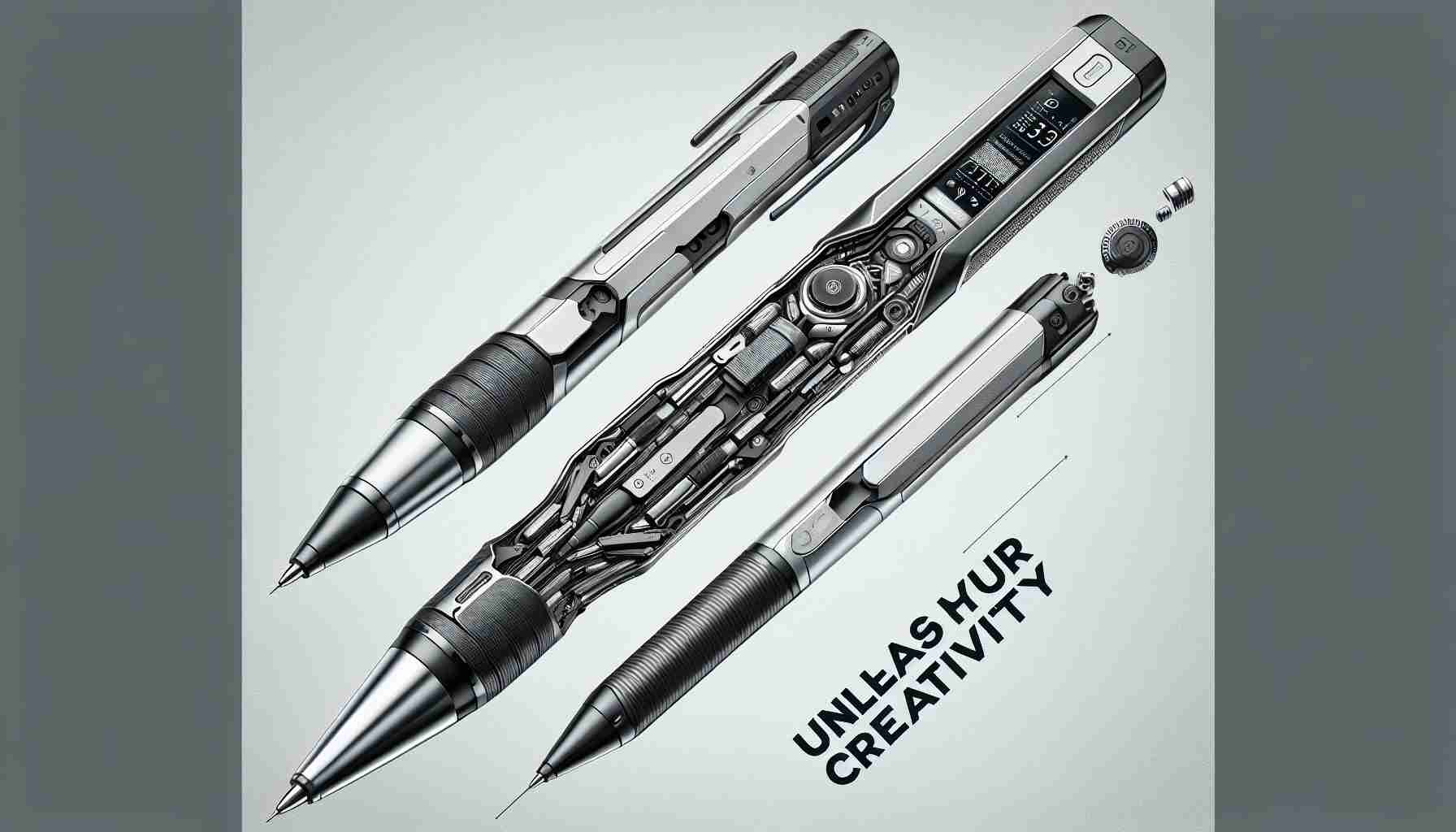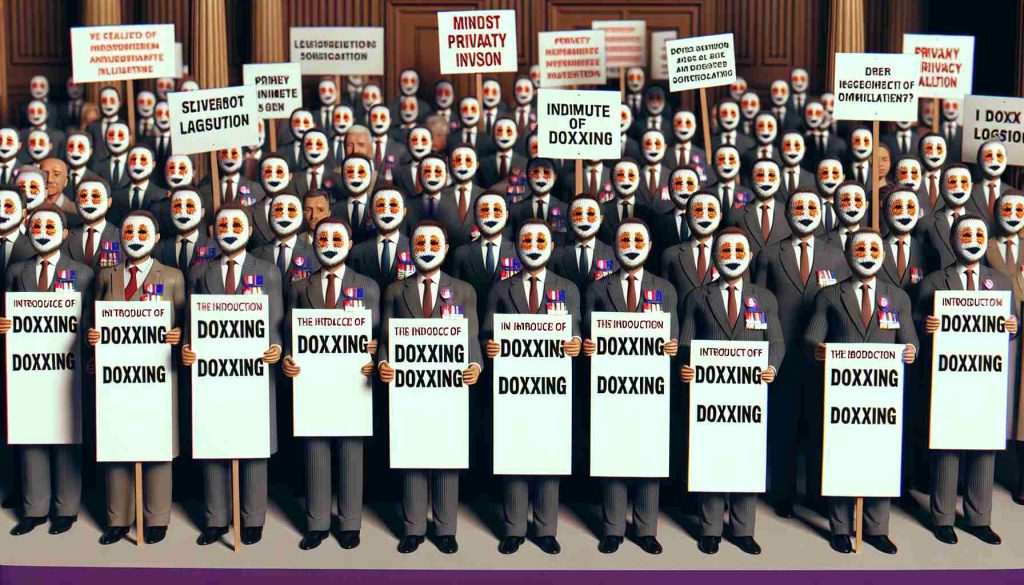If you want to save money, there are many ways to do it, but some money-saving methods are simply not worth it. Here are eight worst ways to save money that you should consider before using them.
1. Skipping your annual check-up with the doctor
You may not realize that preventive care is fully covered by your health insurance, but even if it’s not, paying the fee for a visit is a small price to pay for ensuring your health. Otherwise, you may develop serious health problems that will cost much more in the long run.
2. Buying the wrong suit just because it’s on sale
Unfortunately, first impressions really matter. Wearing an ill-fitting suit that you bought on sale can leave a bad impression during an important meeting or job interview. However, if you do buy a cheap suit, invest in proper tailoring.
3. Neglecting routine oil changes for your car
The frequency of oil changes depends on your car and the type of oil you use, but generally, cars using modern lubricants need an oil change every 5,000-7,500 miles, according to AAA. Skipping this routine service can lead to more expensive car repairs in the future.
4. Using worn-out running shoes for too long
Running shoes can be expensive, but wearing them for too long can lead to injuries. “A new shoe is always cheaper than a visit to the doctor,” says podiatrist and sports trainer Lisa Schoene.
5. Giving up your gym membership
Your health is priceless, so giving up your gym membership is not the best way to save a few dollars each month. If you have financial difficulties, consider temporarily freezing your membership or joining a cheaper gym.
6. Not contributing to your 401(k)
It’s hard to part with a percentage of your salary, but not contributing to your 401(k) now hurts your future retirement. This is especially a bad decision if your company offers employer matching – by not contributing, you’re leaving free money on the table.
7. Opting out of health insurance
You may think you don’t need health insurance if you are in good health, but you’ll regret it if you’re forced to pay a huge medical bill for treatment in the event of an unexpected health problem.
8. Holding onto your car for too long
A car is a significant investment, so it’s natural to want to keep it for as long as possible. However, when your car spends more time at the mechanic’s than on the road, it’s time to say goodbye.
In summary, it’s worth being frugal, but some money-saving measures can lead to greater costs in the future or have a negative impact on quality of life. Choose wisely when it comes to saving money.
In the FAQ below, I provide answers to key topics and information presented in the article:
Question 1: Why is it important not to skip your annual check-up with the doctor?
Answer: Preventive care is fully covered by health insurance, and regular check-ups help detect health problems early. Skipping these visits can lead to serious health issues that will cost more in the long run.
Question 2: Why should I avoid buying a discounted but ill-fitting suit?
Answer: A discounted suit may seem like a great deal, but remember that first impressions count. Ill-fitting suits can leave a bad impression during important meetings or job interviews. It’s worth investing in proper tailoring.
Question 3: How often should I change the oil in my car?
Answer: The frequency of oil changes depends on the car and type of oil. Generally, cars using modern lubricants should have an oil change every 5,000-7,500 miles. Skipping this routine service can lead to more expensive repairs in the future.
Question 4: Why shouldn’t I wear worn-out running shoes for too long?
Answer: Wearing worn-out running shoes for too long can lead to injuries. Investing in new shoes is always cheaper than visiting the doctor due to an injury.
Question 5: Is it worth giving up my gym membership for savings?
Answer: Your health is priceless, so giving up your gym membership is not the best way to save money. If you have financial difficulties, consider temporarily freezing your membership or joining a cheaper gym.
Question 6: Why should I regularly contribute to my 401(k)?
Answer: Not contributing to your 401(k) hurts your future retirement. If your company offers employer matching, by not contributing, you’re missing out on free money.
Question 7: Do I need health insurance if I’m in good health?
Answer: Even if you are in good health, health insurance is important. Without insurance, unexpected health problems can result in enormous medical bills.
Question 8: Why shouldn’t I hold onto my car for too long?
Answer: While it’s natural to want to keep your car for as long as possible, if it spends more time at the mechanic’s than on the road, it may be time to replace it.
If you are interested in more articles on this topic, you can visit this link for more information on saving money and financial management.
Useful definitions:
– Health insurance: Insurance that protects a person from the costs associated with healthcare, such as treatments, doctor visits, and medications.
– 401(k): A type of retirement account in the United States that allows employees to save for retirement, often with employer matching.
– Preventive care: Actions aimed at preventing diseases or early deterioration of health through regular check-ups and screenings.













